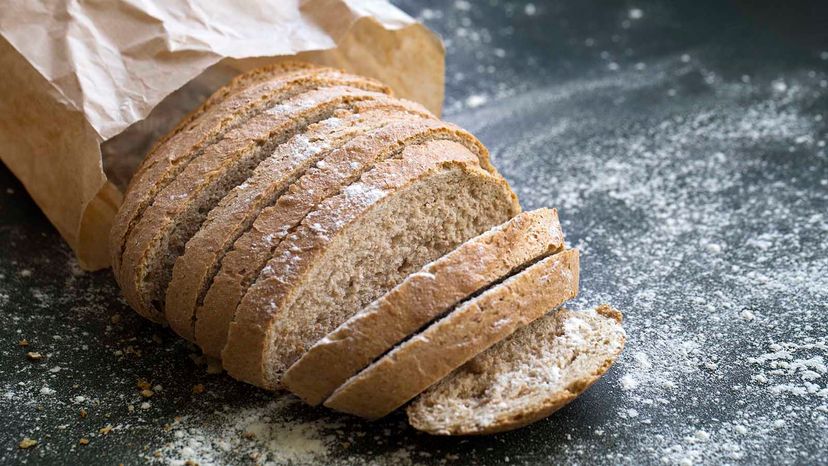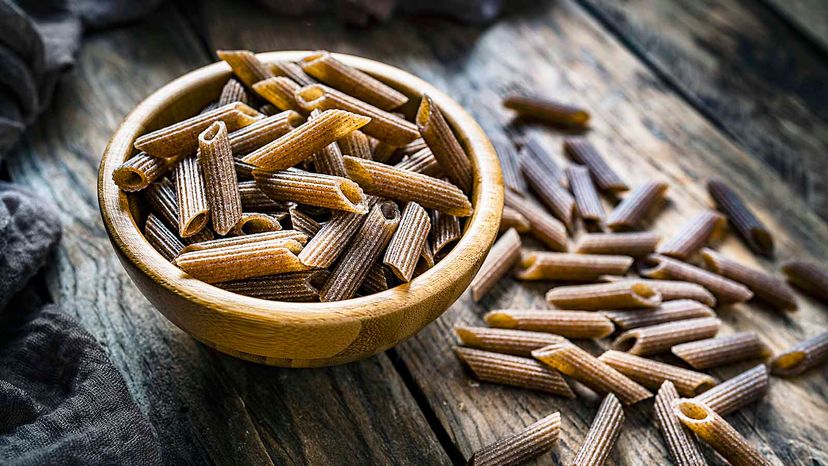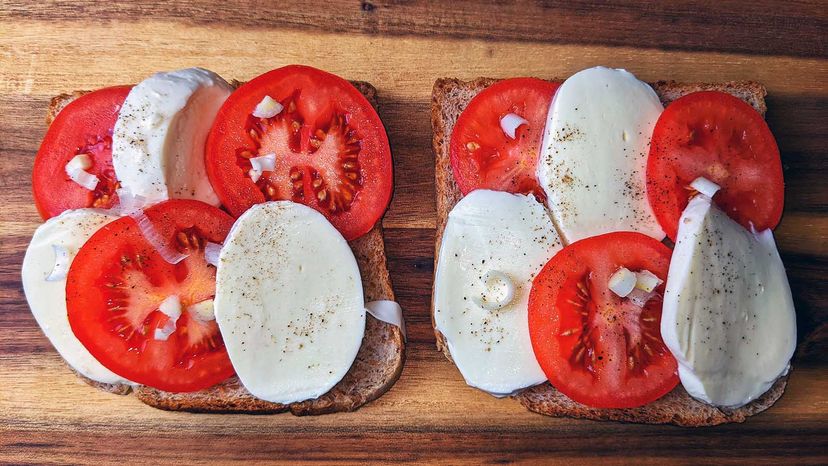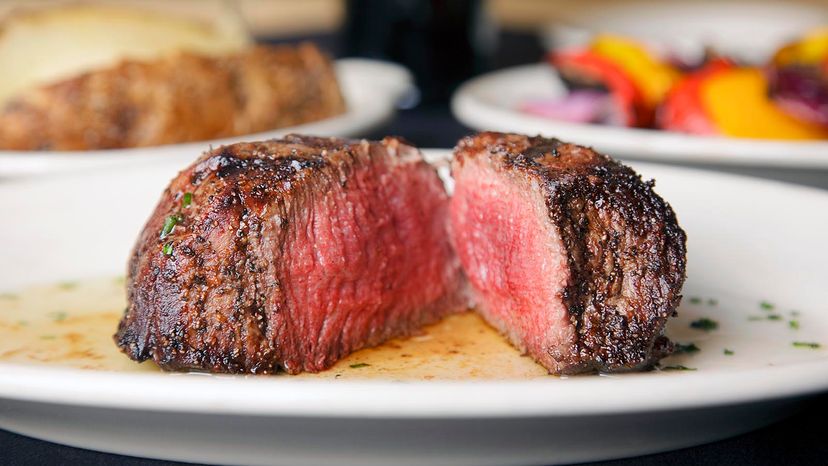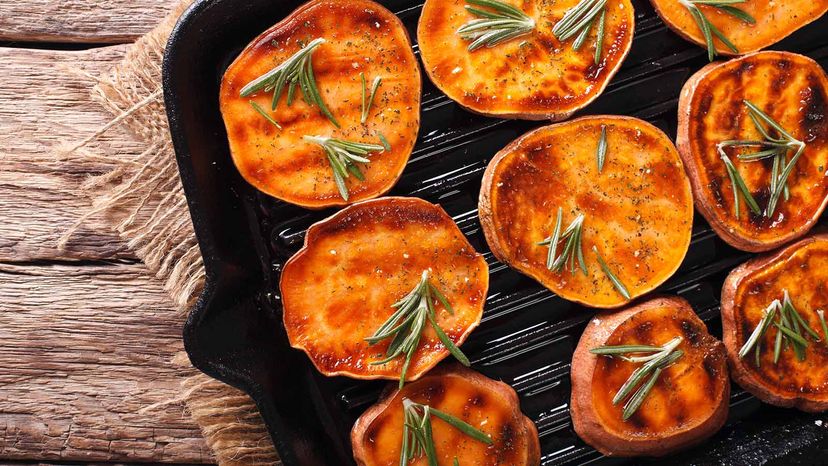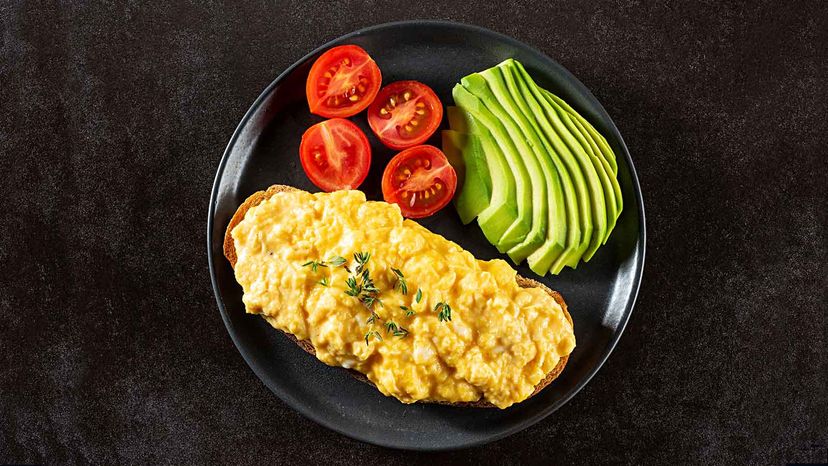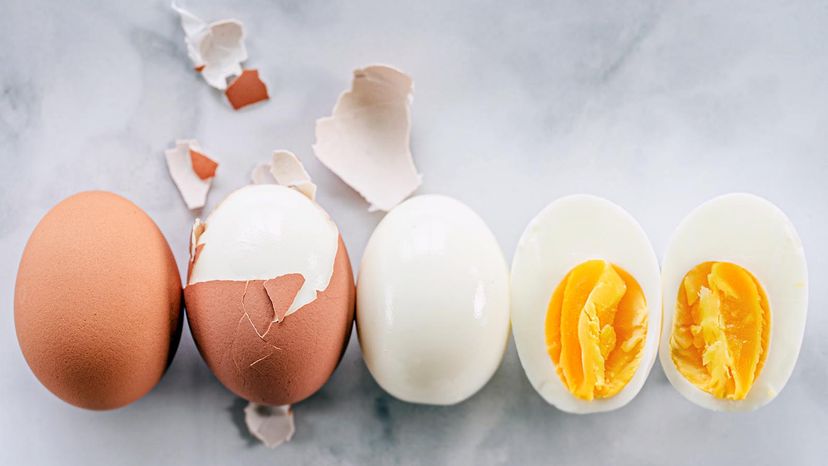
Some foods have a bad reputation, and for good reason. Sugary soda and salty chips, for example, don't have anything going for them nutritionally. Other foods, however, are all caught up in stigma, and they don't even deserve it.
Chances are, you're shunning many healthy options from your dinner table when you really don't need to be. Here are a few examples of some foods that, although they aren't totally perfect, are packed with much more nutrition than most people realize.
Advertisement
